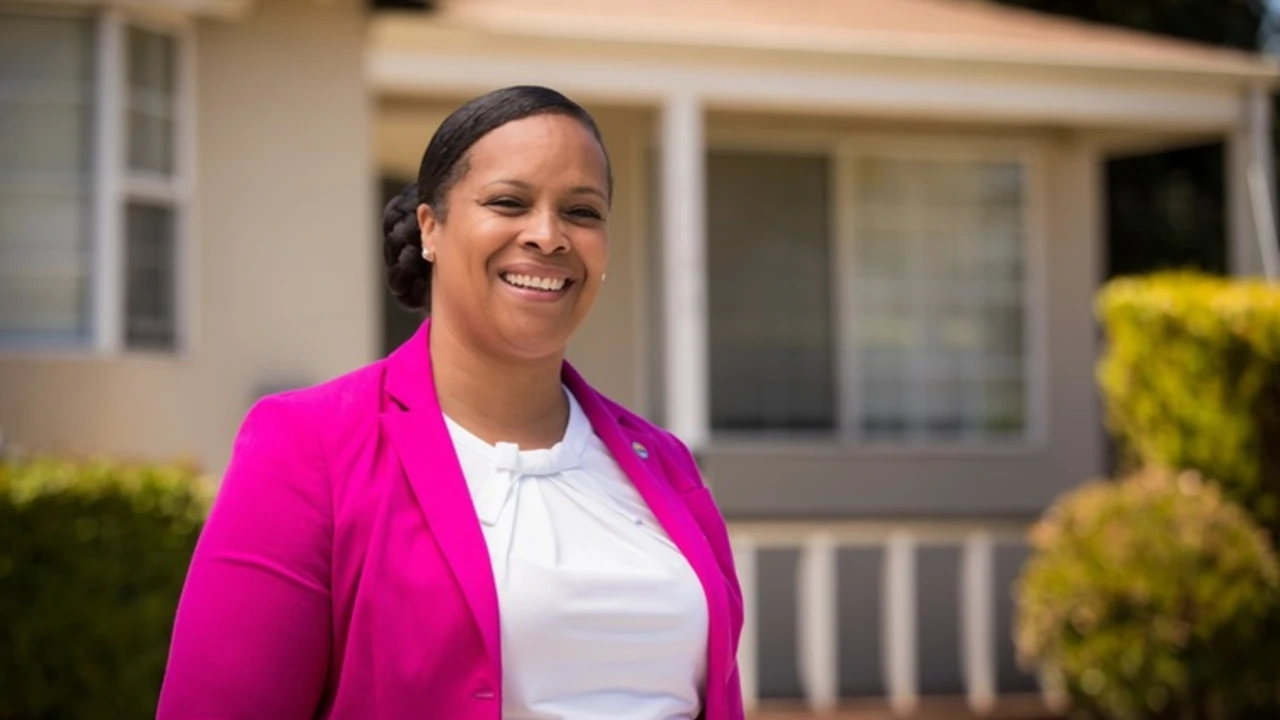
DALLAS -- The Arkansas House narrowly killed a last-ditch attempt to revive bills that would have authorized road bonds supported by a wholesale sales tax on motor fuels.
The revival proposal from state Rep. Dan Douglas, which would have had voters decide on bonds supported by an extension of the state's 6.5% sales tax to the wholesale price of gasoline and diesel, failed by six votes on Monday.
"It's over and done with," said Douglas, a Republican from Bentonville. "I don't know what we're going to do to finance maintenance of our highways. We don't have the money to maintain the highway system we've got."
Voters, not lawmakers, would have been decided whether to raise the taxes to support the bonds, Douglas said during the debate on the proposals.
"I don't like to increase taxes but we in the House or we in the legislature … will not be increasing taxes," said Rep. Douglas. "We are sending [the proposal] to the voters to ask them if they want to impose a tax on themselves to make their highways better."
Douglas's HB 1726 would have put onto the November 2018 ballot a proposal to issue general obligation road bonds supported by the additional revenue raised by the sales tax extension in a separate bill, HB 1727.
The bond referendum was originally defeated by 13 votes last week before Douglas tried to revive it. Douglas didn't seek a vote on the sales tax measure once the referendum bill failed.
Douglas said he fears the state's economy will suffer from deterioration of the 16,000 miles of state highways due to a lack of revenue needed to maintain them.
"It doesn't do any good to expand if we can't maintain what we've got," he said.
"There is nothing else on the table. This is the only game in town right now."
The money also could have been a match for any new federal funding that Arkansas might see as a result of President Trump's promised $1 trillion infrastructure initiative, Douglas said.
"It's real simple. To fix roads, you have to have asphalt and concrete and steel on the ground and in the bridges, and it takes money to do that," he said.
Extending the state sales tax to the wholesale price of motor fuels would have added approximately 10 cents to the state taxes of 21.5 cents per gallon of gasoline and 22.5 cents per gallon of diesel, according to the analysis of the bill by the Department of Finance and Administration.
The extended sales tax would have generated an additional $217.2 million per year, the DFA said. Cities and counties would have shared 30% of the revenues, with 70% going to the Arkansas Highway and Transportation Department.
The first $2.8 million per year of diesel tax revenues would have gone to a separate account to fund maintenance on commercial freight routes.
The plan had called for an unspecified volume of 12-year GO highway maintenance and construction bonds supported by the additional tax. The authorization would have extended the sales tax until 2038.
Proceeds would have been used for the maintenance, widening, and reconstruction of existing roads and building new highways where necessary.
The tax would not have been levied unless voters approved the bond package in 2018.
The tax increase would have cost the average Arkansan motorist about $75 per year, said Scott Bennett, director of the Arkansas Highway and Transportation Department.
That estimate had been disputed by David Ray, state director of the anti-tax group Americans for Prosperity, who told lawmakers last week that the higher tax would have cost motorists more than $200 per year. The higher cost of fuel would have wiped out any advantages realized from a reduced state income tax rate for low-income residents, he said.





